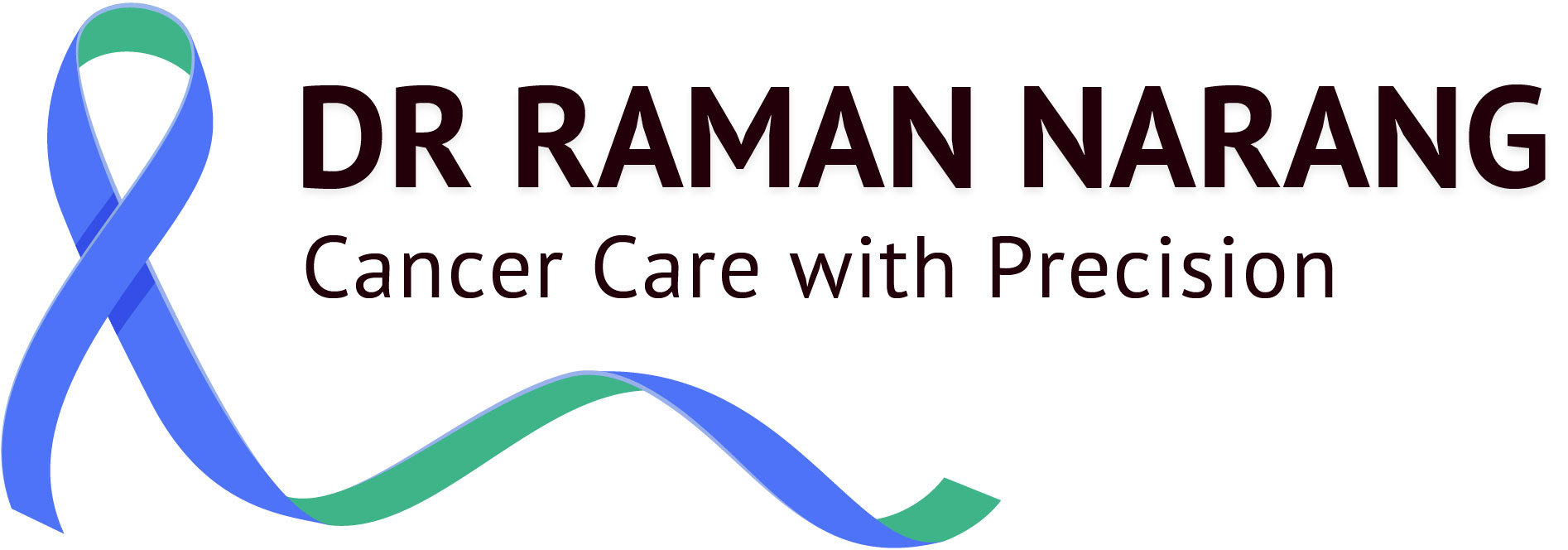Cancer Genetic Counseling Introduction
Cancer genetic counseling is a service that provides individuals and families with information about the genetic aspects of cancer, including inherited risks and how these can influence cancer development. It involves a detailed evaluation of personal and family medical histories, and genetic testing to identify genetic mutations associated with cancer. The goal is to help individuals understand their risks, make informed decisions about their health, and explore preventive or early detection options. Cancer genetic counseling can provide clarity for those with a family history of cancer or those concerned about their genetic predisposition to certain types of cancer. Cancer genetic counseling can be beneficial for individuals who are concerned about inherited cancer syndromes, which increase the risk of specific types of cancer, such as breast, ovarian, colorectal, and prostate cancers.

Why It's Done
Cancer genetic counseling is done for various reasons, including:
Assessing inherited cancer risk.
It helps identify individuals at higher risk for inherited cancers through family history and genetic testing.
It helps identify individuals at higher risk for inherited cancers through family history and genetic testing.
Informing treatment options.
It helps cancer patients explore targeted therapies or clinical trials based on their genetic profile.
It helps cancer patients explore targeted therapies or clinical trials based on their genetic profile.
Guiding preventive measures.
It offers advice on lifestyle changes, surveillance, or surgeries to reduce cancer risk, especially for those with mutations like BRCAI or BRCA2.
It offers advice on lifestyle changes, surveillance, or surgeries to reduce cancer risk, especially for those with mutations like BRCAI or BRCA2.
Providing emotional support.
It supports individuals in coping with the emotional challenges of understanding cancer risks and genetic testing outcomes.
It supports individuals in coping with the emotional challenges of understanding cancer risks and genetic testing outcomes.
Risks
Cancer genetic counseling does not involve medical treatments but has potential psychological and social risks, including:
• Emotional impact - The results of genetic testing may cause
anxiety, stress, or guilt, especially if the individual carries a genetic
mutation associated with cancer risk. The counselor provides
emotional support, but these feelings may still arise during the
decision-making process.
• Confidentiality concerns- Genetic information is highly personal
and sensitive. There are potential risks regarding the sharing of
genetic test results, and it's important that individuals are aware of
how their data will be used and stored.
• Family dynamics- Genetic testing may reveal information that
affects family members. If one person tests positive for a genetic
mutation, other family members may also be at increased risk,
leading to potential family tensions or concerns about sharing
results.
How Cancer Genetic Counseling is Done
Cancer genetic counseling typically involves several steps:
• Initial Consultation- The process begins with a thorough discussion of the individual's personal and family health history. The genetic counselor gathers information about family members, their health conditions, and any cancer diagnoses to understand the genetic risks involved.
• Genetic Testing- Based on the consultation, the genetic counselor may recommend genetic testing to identify mutations associated with certain cancers. A sample of blood or saliva is usually required for the test. The results provide valuable insights into whether an individual carries mutations that increase their risk for specific cancers.
• Result Interpretation- Once the genetic test results are available, the genetic counselor reviews them with the individual, explaining the significance of the findings. If a mutation is detected, the counselor will discuss the associated cancer risks and potential preventive measures or surveillance options.
• Discussion of Next Steps- If an inherited risk is identified, the genetic counselor will work with the individual to explore preventive strategies, such as lifestyle changes, screening, and possible surgical options. They may also discuss treatment options for individuals diagnosed with cancer and suggest clinical trials or targeted therapies based on genetic findings.
• Ongoing Support- Genetic counseling does not end with the consultation. The counselor offers ongoing support, providing resources, follow-up visits, and guidance for individuals and families as they navigate their options and make informed decisions regarding their health.
How Often You Receive Cancer Genetic Counseling
The frequency of genetic counseling depends on individual needs and circumstances. Some individuals may only require one or two sessions, while others may need follow-up visits as they navigate preventive measures or cancer treatment The process is flexible, ensuring that individuals receive the necessary support at each stage of their journey.
Results
After receiving genetic counseling, individuals are better equipped to understand their genetic risks and make informed decisions about their health. Regular follow-up with the genetic counselor is encouraged to monitor any changes in the individual's risk profile, particularly if there are new developments in medical research or advancements in cancer prevention. Depending on the situation, further genetic testing or preventive strategies may be implemented to address ongoing concerns.
Book Consultation
